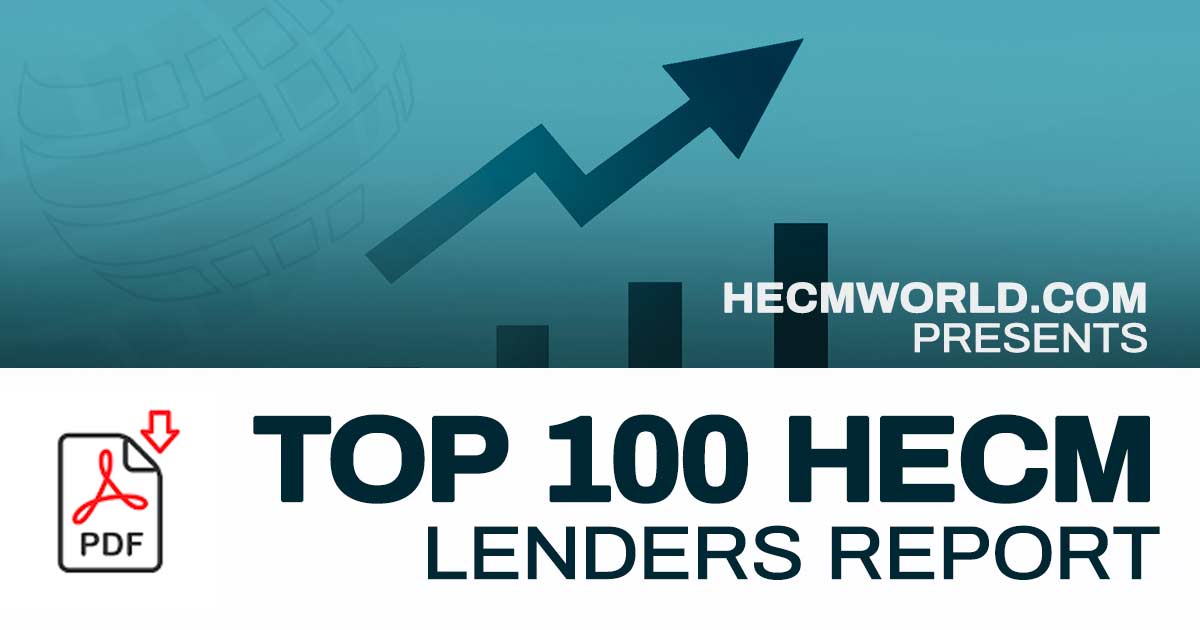The roundup of weekly HECM news
What do strippers, casinos, and groceries have in common? It’s bad enough to be forced to foot the bill of your own company’s audit and financial monitoring. Reverse mortgage servicer Ocwen Financial paid over $44 million dollars to cover the costs of monitoring services to Fidelity Information Services as part of their agreement with the state of California for its investigation of claims that Ocwen did not produce the required paperwork related to the state’s Homeowners Bill of Rights. The servicer alleges the auditor burned through the budgeted money allocated for a two year period in just 11 months, paying for strip clubs, casinos, liquor, and groceries. They also claim that FIS auditors watched videos on company time, left without clocking out, and inflated daily hours worked and mileage expenses. F.I.S. flatly denies the allegations. The auditing firm’s contract was terminated by the court under a new consent order.
 Fraud comes in all shapes and sizes and it wasn’t from a loan officer or financial professional. Court papers allege a Chicago contractor, Mark Diamond, of scamming more than $10 million in a repair scheme that targeted older homeowners . In all there are an alleged 122 victims- most women, African-American and in their 80’s.
Fraud comes in all shapes and sizes and it wasn’t from a loan officer or financial professional. Court papers allege a Chicago contractor, Mark Diamond, of scamming more than $10 million in a repair scheme that targeted older homeowners . In all there are an alleged 122 victims- most women, African-American and in their 80’s.



 Despite it’s initial chilly industry reception the HECM Financial Assessment has been accepted- so said HUD’s Phil Caulfield. During his remarks at the NRMLA western regional meeting in Huntington Beach Caulfield emphasized the importance of the assessment stating “if we hand’t done this, there probably would be a HECM program. It’s that important”.
Despite it’s initial chilly industry reception the HECM Financial Assessment has been accepted- so said HUD’s Phil Caulfield. During his remarks at the NRMLA western regional meeting in Huntington Beach Caulfield emphasized the importance of the assessment stating “if we hand’t done this, there probably would be a HECM program. It’s that important”. Such is the case in a recent post I read on LinkedIn from Florian Steciuch. He wrote “ My definition of heartbreak – meeting with an 82 year old client who was given a 30 year mortgage when she bought her new town home last year. Recently she lost her part-time job, now has Social Security of [sic] $1300 with a mortgage P+I of $700. She already missed her property tax payment. She provided a down payment of 50% – this is a prime example of why the FHA HECM for Purchase was a far superior loan option. She would have had NO mortgage payment. She was not offered this option because her bank did not offer it. 80 year old home owners should not be taking on the risk of 360 months of mortgage payments if they have a substantial down payment.”
Such is the case in a recent post I read on LinkedIn from Florian Steciuch. He wrote “ My definition of heartbreak – meeting with an 82 year old client who was given a 30 year mortgage when she bought her new town home last year. Recently she lost her part-time job, now has Social Security of [sic] $1300 with a mortgage P+I of $700. She already missed her property tax payment. She provided a down payment of 50% – this is a prime example of why the FHA HECM for Purchase was a far superior loan option. She would have had NO mortgage payment. She was not offered this option because her bank did not offer it. 80 year old home owners should not be taking on the risk of 360 months of mortgage payments if they have a substantial down payment.” ‘Every loan is a problem loan’
‘Every loan is a problem loan’

 Trump vs. The Fed:
Trump vs. The Fed:

